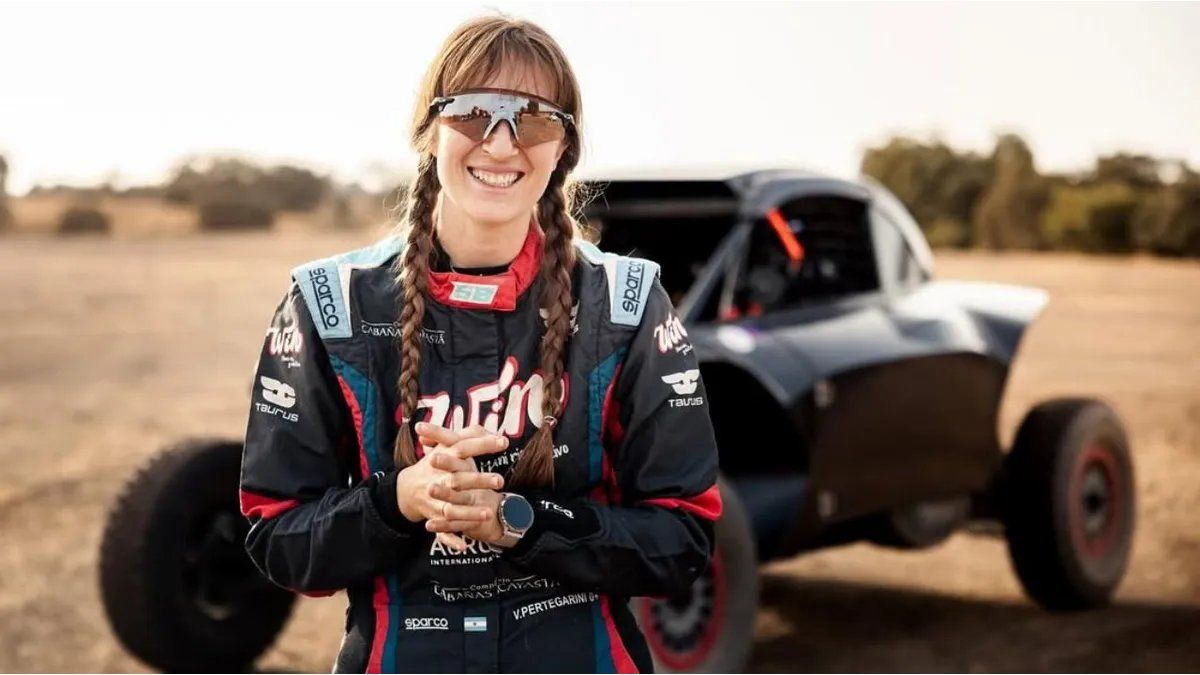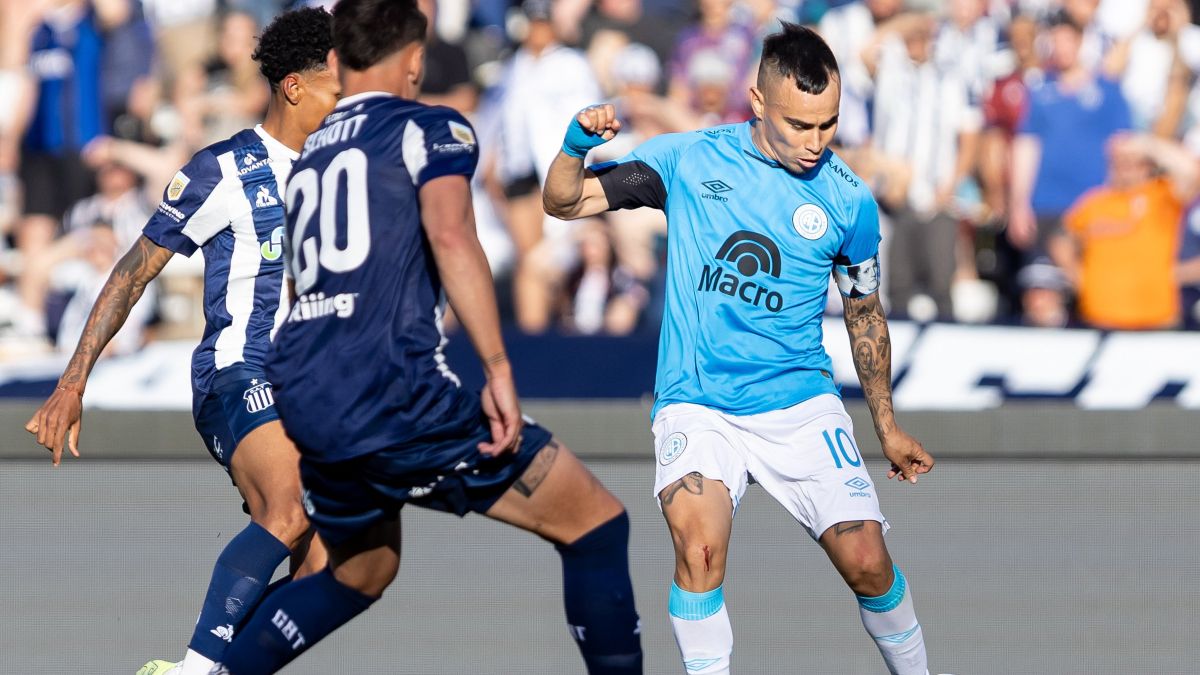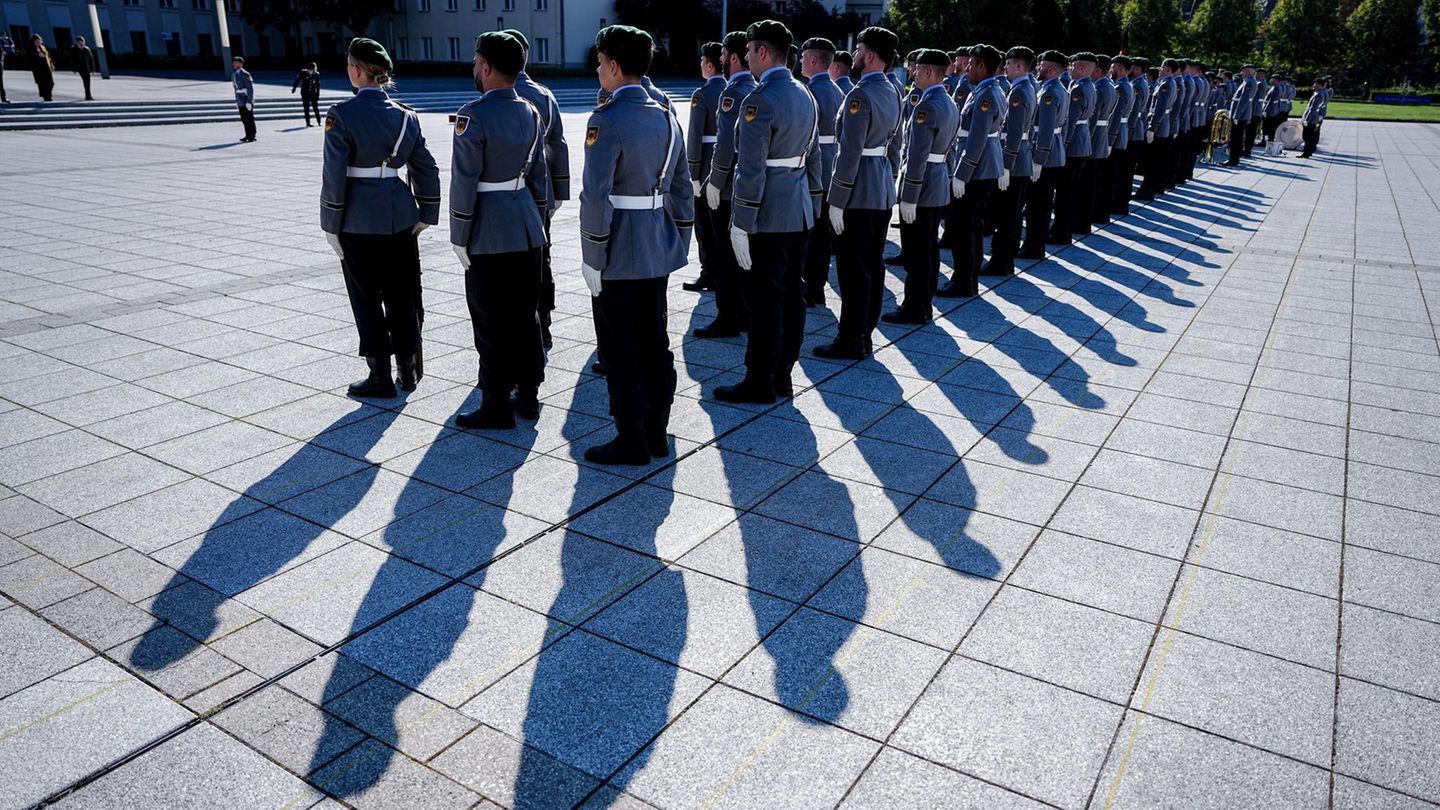Even if the umbrella organization does not yet know all the details about the positive test of the 15-year-old European champion, they do not assume a connection to the Russian doping system of previous years, assured IOC member Denis Oswald on Tuesday at the Winter Games in Beijing.
The Swiss was chairman of a commission that dealt with the manipulations of the Russians at the Winter Games in Sochi 2014. As with the summer games in Tokyo, Russia is officially excluded from the Olympics in Beijing because of further violations. Stricter sanctions are “not in the hands of the IOC” but are a matter for the World Anti-Doping Agency (WADA), said Oswald.
According to the Swiss, Valiyeva justified her positive test for the banned heart drug trimetazidine before the International Court of Arbitration for Sports (CAS) with a mix-up. Her grandfather would take heart medication, but there was a mistake. “Her argument was that the contamination happened with a product her grandfather took,” said Oswald, who also chairs the IOC’s permanent Disciplinary Committee.
After an urgent decision by the CAS, the gold favorite is allowed to start in the individual Olympic competition, which began on Tuesday, despite her positive doping test in December. Since the Russian’s B sample has not yet been examined, her doping violation has not yet been conclusively proven, Oswald said. Therefore, the IOC also decided not to hold a medal ceremony at the Olympics if Valiyeva won a medal.
In principle, athletes from Russia are not allowed to compete under the national flag of their country in Beijing, but only for the Russian Olympic Committee (ROC). The anthem is also not allowed to be played. Oswald said WADA would review and possibly expand sanctions against Russia in light of developments. Russia’s two-year Olympic ban expires at the end of the year – and thus before the next summer games in Paris in 2024.
Source: Nachrichten




